Scuba diving is both a personal and social activity. Getting certified will give you the basic knowledge and skill on how to dive but it does not guarantee you will be a good diver. You might think you are an excellent diver, but are you really?
Have you noticed that you are no longer being invited to dive trips? Or maybe your dive buddy seems to prefer to dive with someone else?
Unfortunately, sometimes it is you and not them!
You might get overly confident with yourself without realizing that you are being a bad diver in the eyes of other divers. If you’re not so sure, here are 5 bad dive behavior you might be guilty of doing underwater that may lead to other divers no longer wanting to dive with you.
1. You don’t work on your buoyancy skills.
Every diver will go through having bad buoyancy. Like most diving skills, you need to keep practicing and working on it. The number of dives you have does not guarantee how good your buoyancy control is underwater.
If you’re complacent about working on your skills and continuously bumping into everything while underwater, you might find your fellow divers staying away from you.
Nobody wants to be diving with someone who repeatedly kicks sand and corals because of poor buoyancy skills.
For instance, on a dive in Dauin, our dive guide spotted a seahorse. The diver we were with went close and then when he was done abruptly left and created a sandstorm for me and the seahorse. I stayed away from him after that.
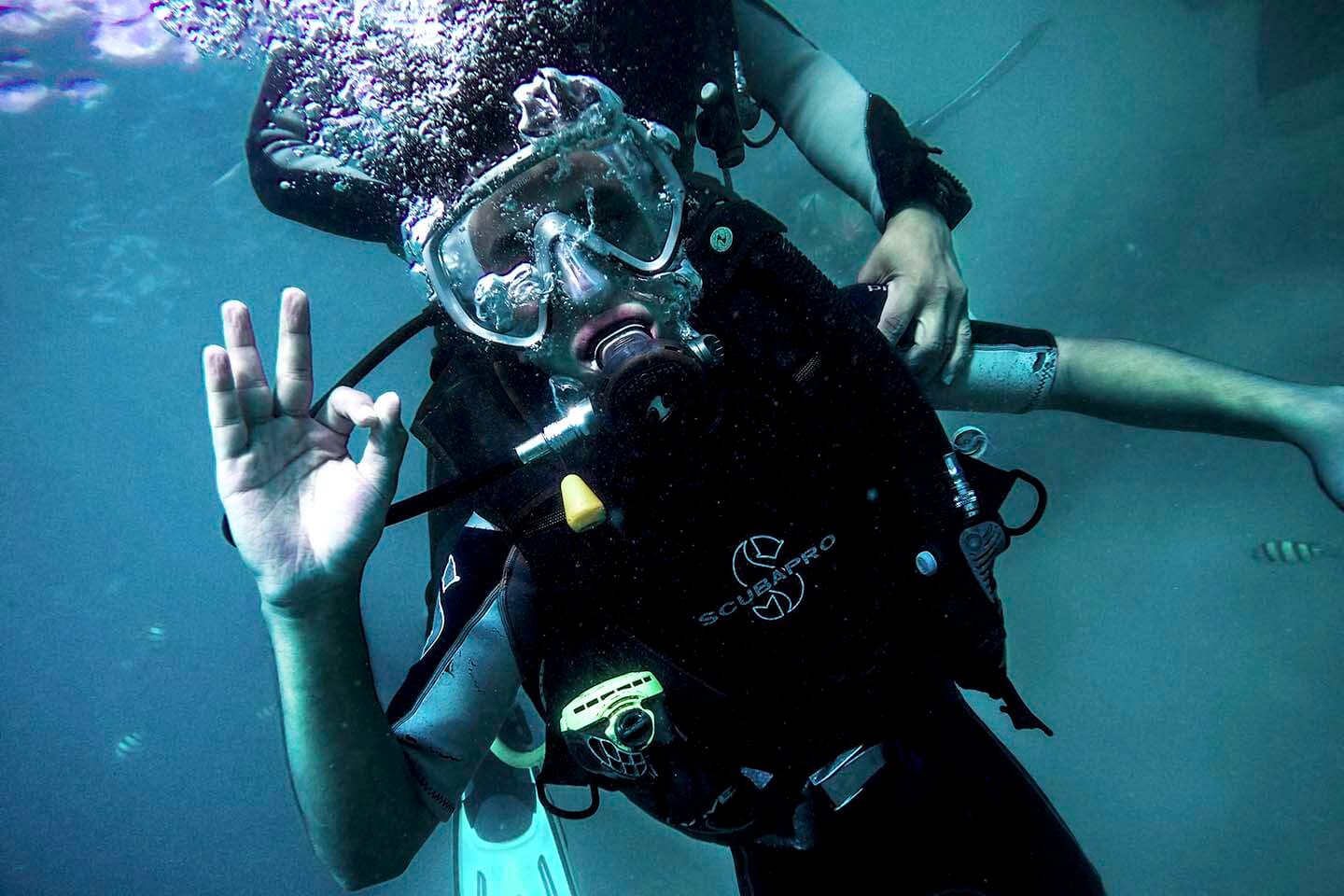
Bad buoyancy might also result in you consuming air faster than everyone else. When you are 30 minutes into a 45-minute dive and signaling to your guide that you are already low on air, your dive group will have to end their dive earlier than needed.
Divers want to stay underwater as long as they can. You could be ruining the dives for everyone else simply because your buoyancy sucks.
If you’re having buoyancy problems, ask your dive guide or instructor to observe you and give you tips for improvement. You can also take the PADI Peak Performance Buoyancy Course to help you become a better diver.
2. You harass or destroy marine life.
Your dive school, instructor or fellow divers has probably told you not to never touch wildlife. Maybe they don’t stress this enough or you think this is a suggestion, but touching sea creatures and destroying their natural habitats is simply bad diver behavior underwater.
Remember that you are just a visitor in their home so you need to treat them with respect.
Marine life harassment can come in many forms. You might have the habit of poking animals to get a reaction from them. Or you could be manipulating animals to get a better photography shot.
These seemingly harmless acts are big no-nos and a big turnoff for many scuba divers. Nobody will want to dive with you if you have the habit of causing stress to animals or destroying the reef.
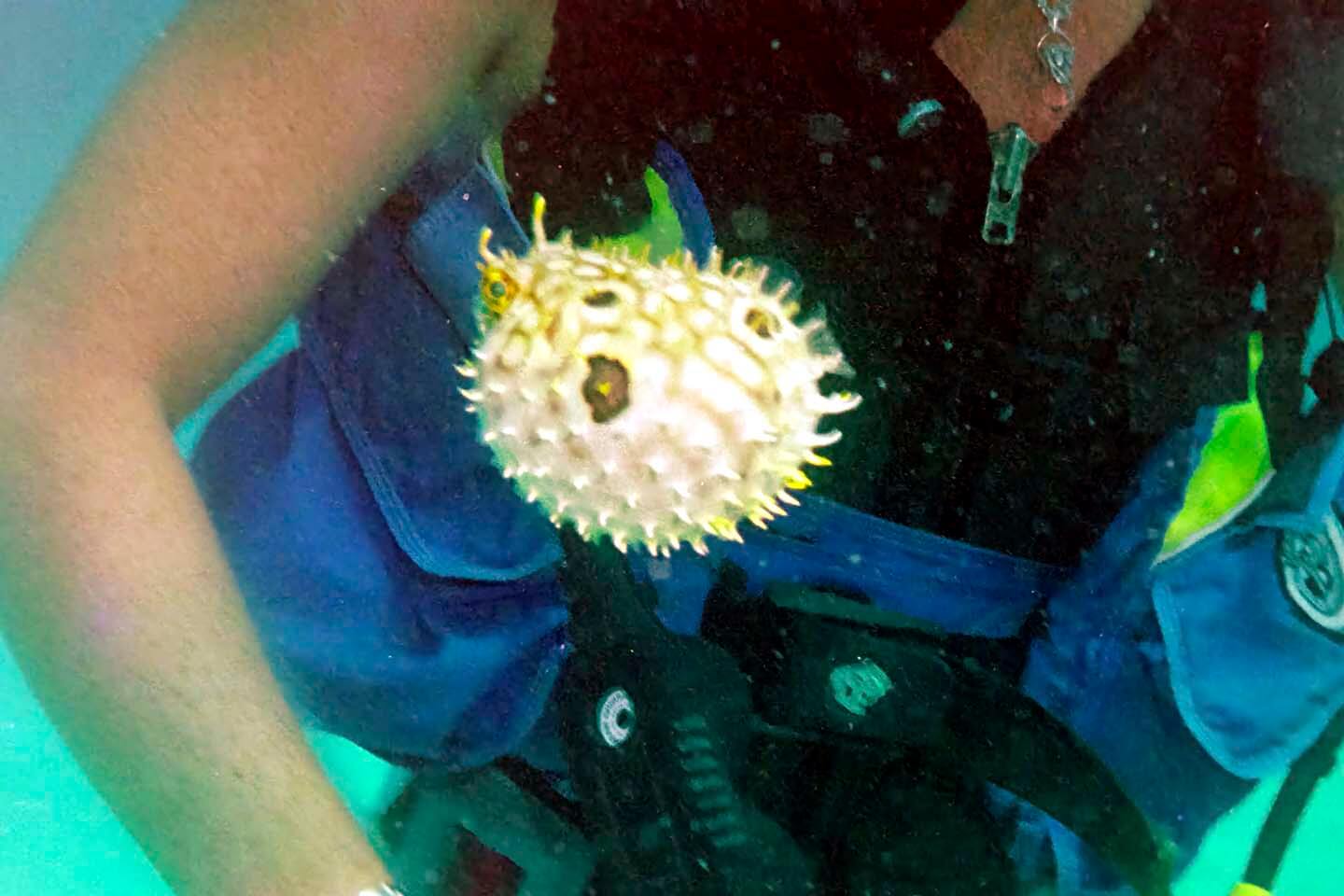
Sometimes even dive operators or dive guides are guilty of this thinking it will impress their guests. But it actually has the opposite effect. I once had a dive guide who showed us cuttlefish eggs. Out of nowhere he took one egg, tore it open, and the cuttlefish was forced to swim out. I was absolutely horrified and did not return to them to dive.
3. You are a daredevil.
You might enjoy taking risks and pushing yourself to the limits. However, most divers who value safety and their lives do not like diving with daredevils.
You might think that wandering off on your own is okay but your dive group might not appreciate this. When you don’t listen to the dive guides or follow the dive plan you could endanger your life or the lives of others.
I once went diving a diver who would go down to around 35-40meters on our dives or would swim out into the blue. He was not my buddy but his actions still made me feel anxious. I thought he was being reckless. After that, I no longer felt comfortable and safe diving with him.
Just because you were trained to do certain things, it doesn’t mean you should. Don’t be cocky and overconfident. When you are diving with other people, you should also consider how your actions may also affect them.
4. You are a bad dive buddy.
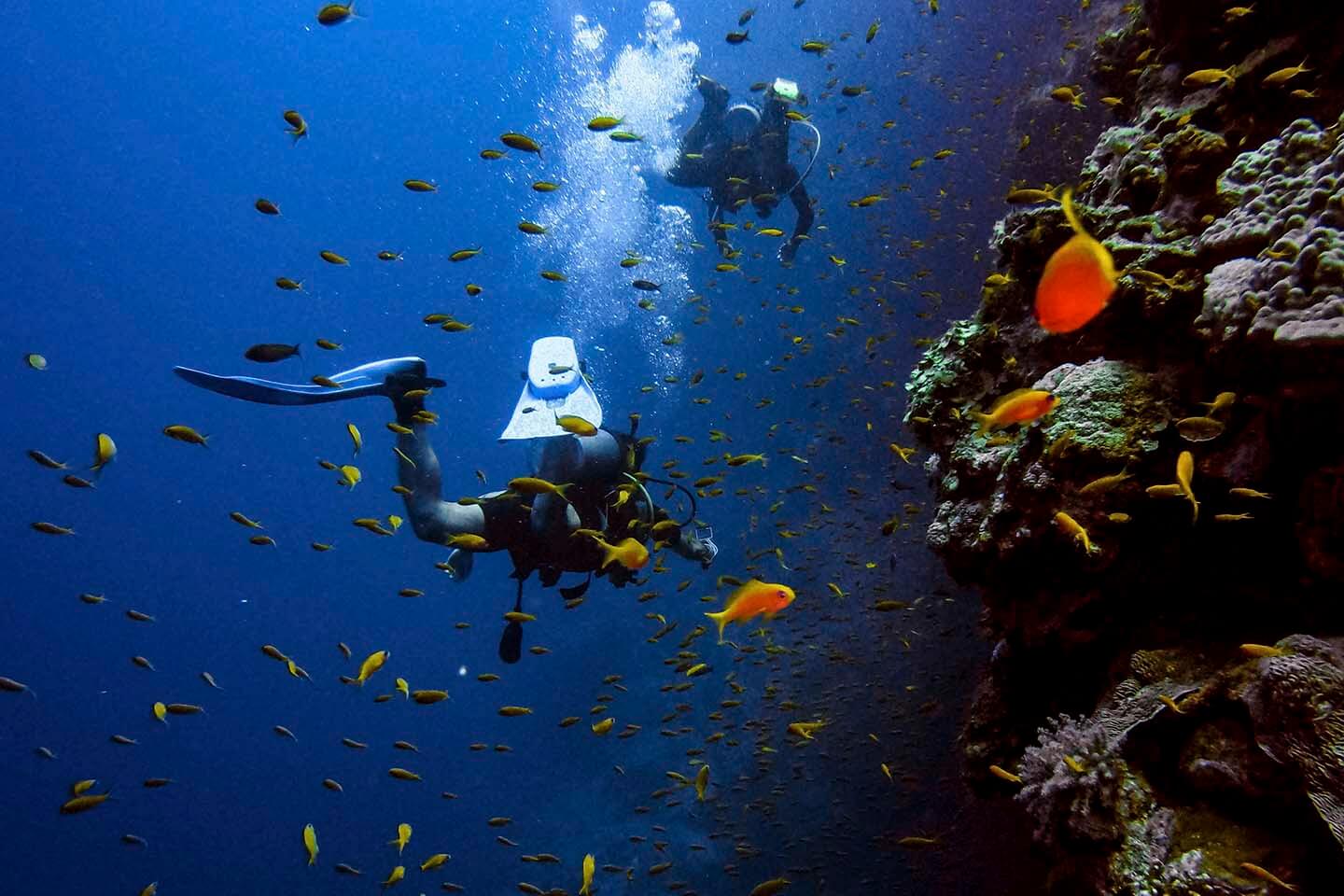
Being a good dive buddy is a skill in itself that you develop over time. When you are diving with someone you already know and trust it is easier to develop a system and rhythm underwater. But without realizing it you can also be a bad dive buddy to someone you already know.
You could be pressuring your dive buddy into doing dives they are not comfortable with. If you have more experience, you could be forcing your dive buddy to keep up with you, when instead, you should be adjusting to their level of experience.
You might have completely forgotten you have a dive buddy and failed to check on them during dives. And even worst, a bad diver behavior underwater that is completely unacceptable is to abandon them or neglect safety practices which could result in a diving accident.
Regardless if you are diving with a new dive buddy or not, if your buddy feels like you are endangering their life, they will choose not to dive with you ever again. Nobody likes diving with people they cannot trust you underwater.
5. You don’t know how to share the experience with others.
The ocean is meant to be enjoyed by everyone. You could ruin the experience for someone when you are rude underwater. Charging towards marine animals could spook them and send them away. Or you could spend so much time with an animal that by the time you point it out to your friends, the moment has already passed.
Underwater photographers are huge offenders when it comes to sharing the best moments underwater. Everyone loves it when you are able to capture the beauty of the ocean. Once in a while, you will even snap someone’s picture and you’ll have a good souvenir for your trip, which is great.
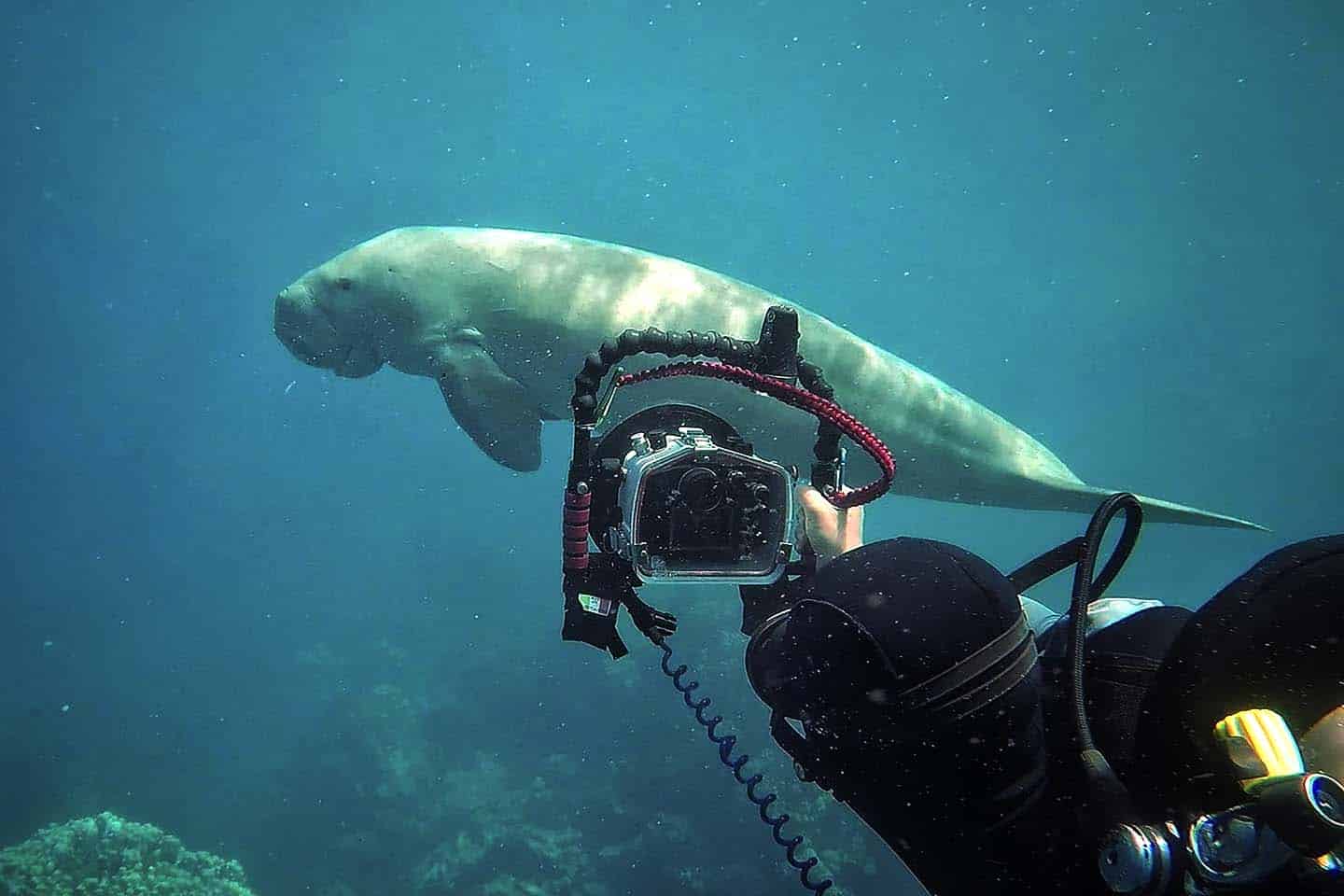
However, you could also be the type of photographer who feels entitled to have first dibs on the shot and of everything.
I remember one time, my dive buddy spotted a lobster and he called me over. As I swam towards him, another diver zoomed past me and suddenly started filming. I was completely taken aback by his abruptness and lack of underwater photography etiquette.
Admittedly, since I love taking photos and videos underwater, I have found myself taking too long in capturing something. I get so caught up with the moment only to find divers peering over my shoulders for their turn. To solve this, when I’m diving with non-photographers, I let them see the creature first. Once they are done, that’s the only time I go in and take my shot.
Are you guilty of any of these bad diver behavior underwater? Can you think of someone who you do not want to dive because of something they did?
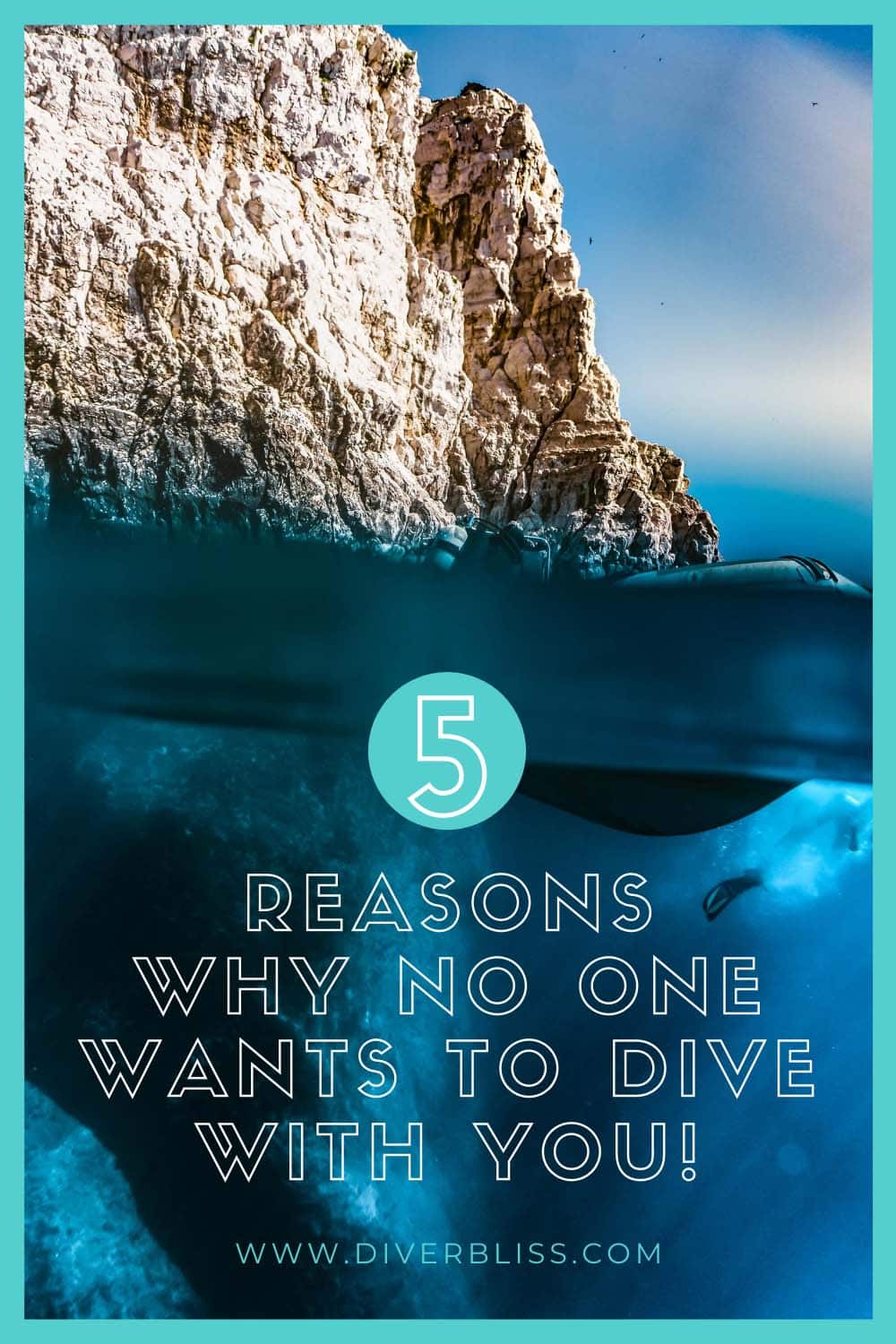
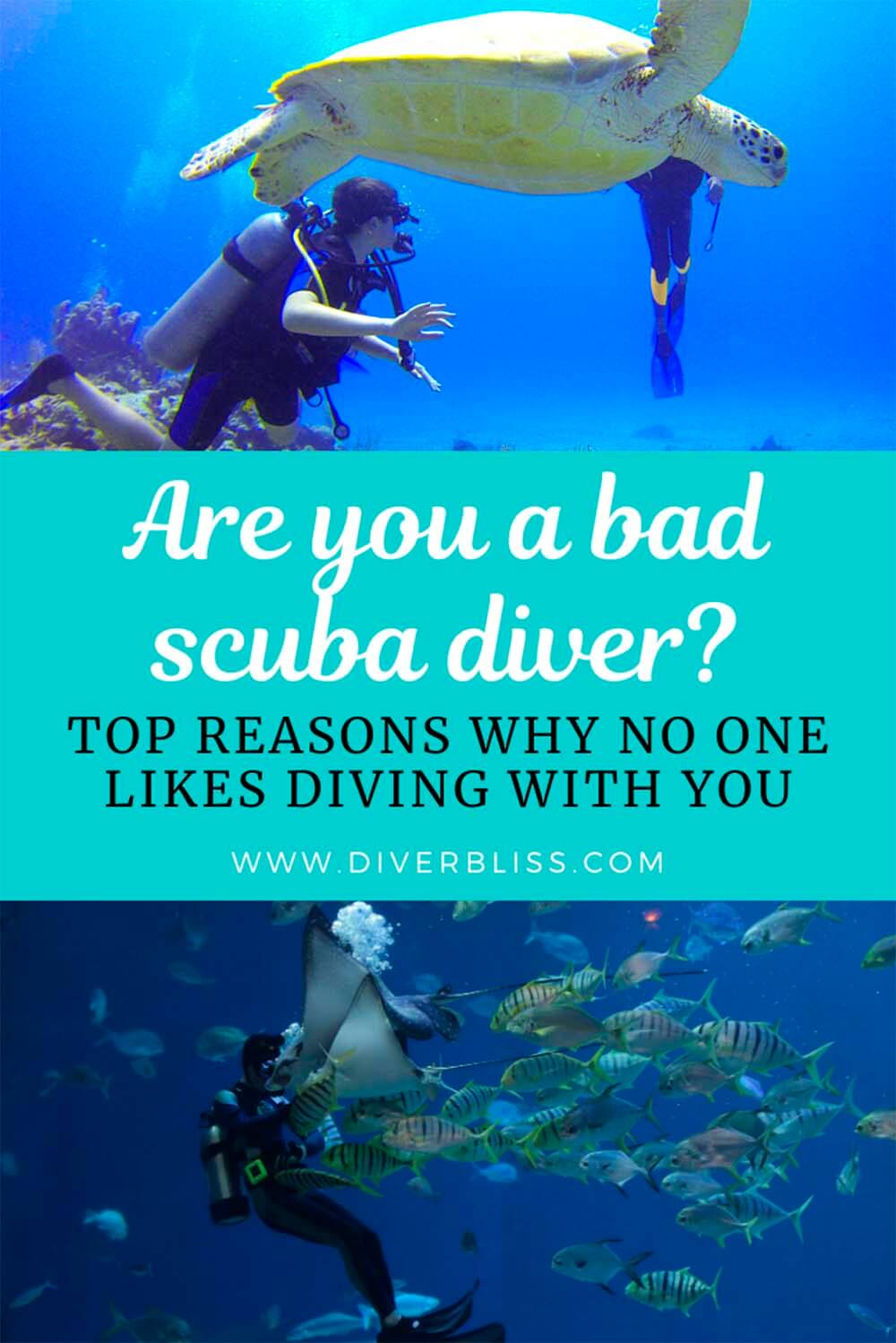
How to deal with bad diver behavior
If you’ve dived long enough you will experience bad diver behavior underwater. Here are the things you should do if you see a diver behaving badly:
- Immediately correct the behavior even if you are still underwater . Give “no” hand signals so they are aware that they should not be doing something.
- Talk to them after the dive to let them know why their behavior was unacceptable
- Give constructive feedback in a discreet manner.
- Do not publicly embarrass or shame someone.
- Always come from a place of concern rather than judgment.
- If you are not able to intervene, tell the dive shop or guide to give the fellow diver the feedback
Remember, we were all “bad” divers before we become good ones. We have to be responsible for each other. When we let divers get away with their bad behavior underwater then we ourselves are bad divers for not doing anything about it.
Does somebody come in mind while you read this article? What happened and what did you do about the bad diver behavior while underwater? Leave a comment below!
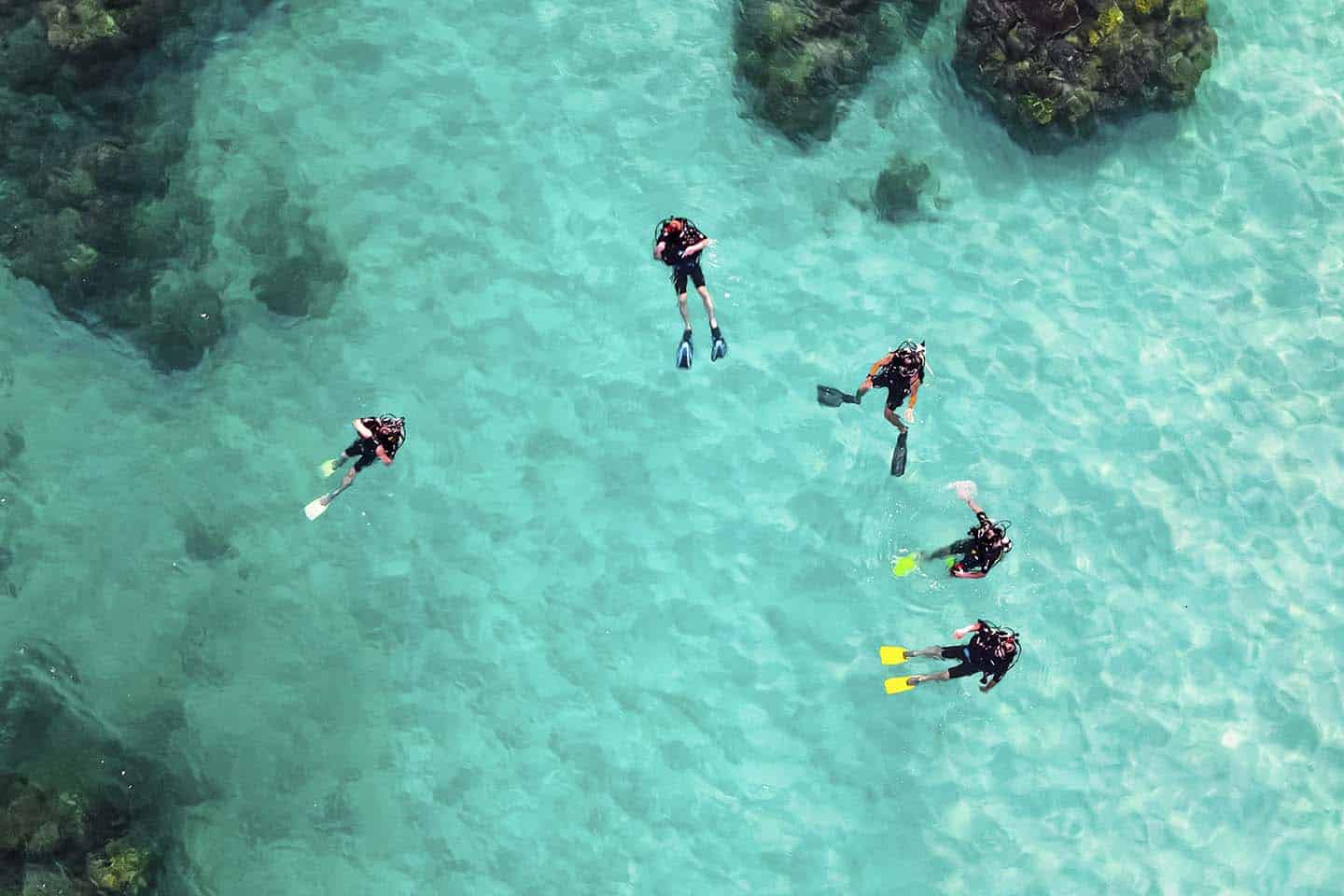
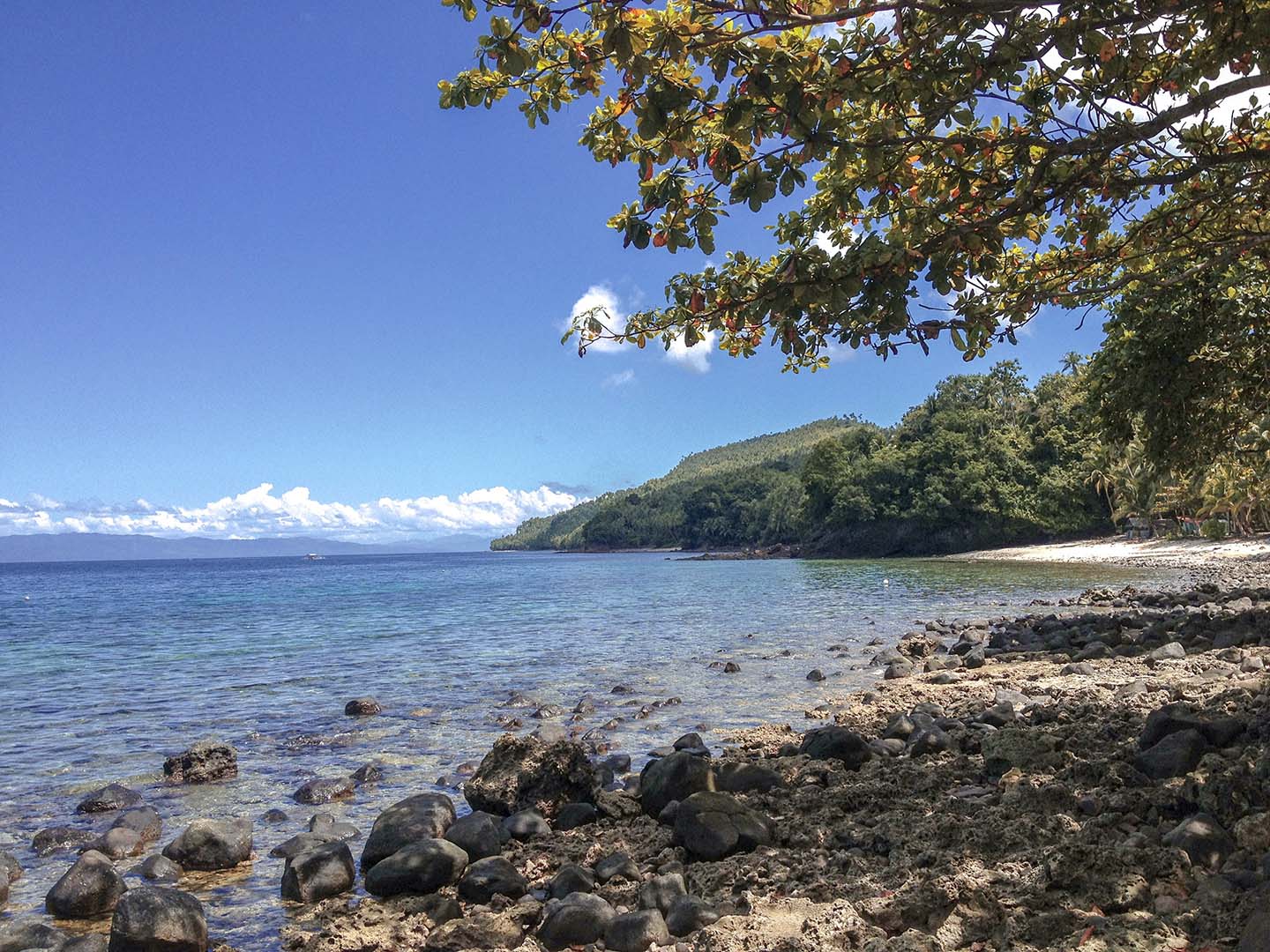
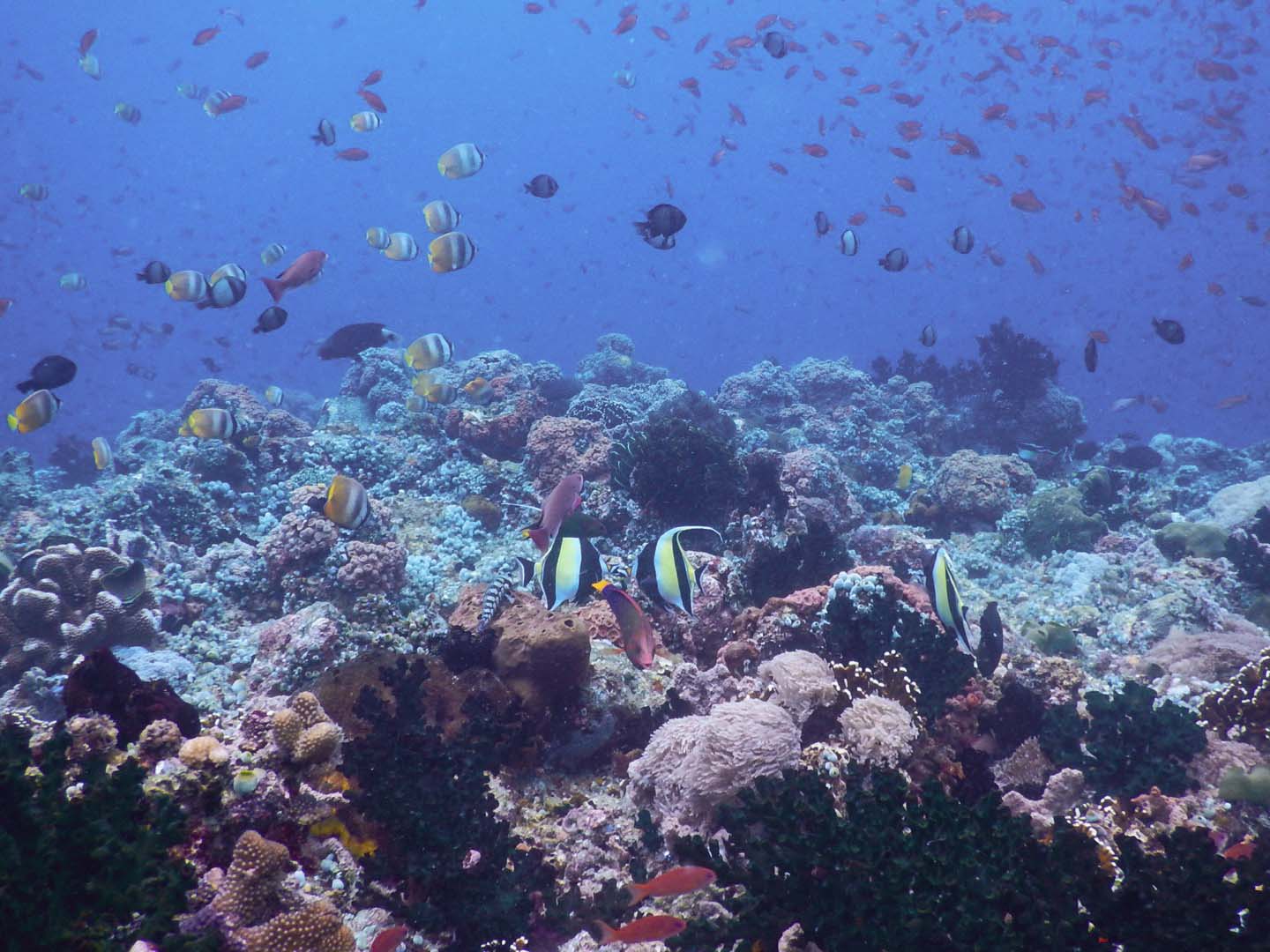
Nice post and yes if you dive long enough you will see all of these things!